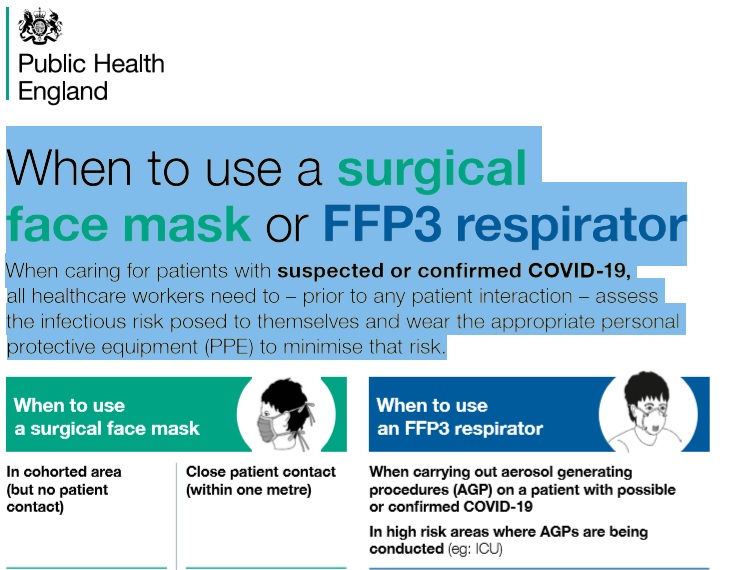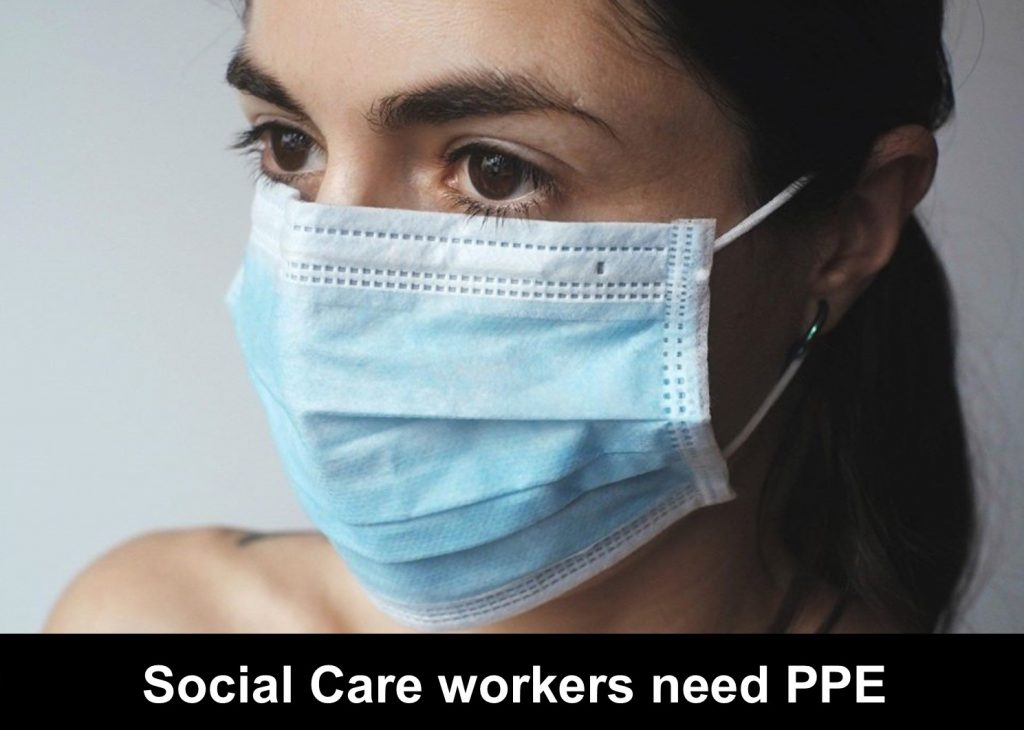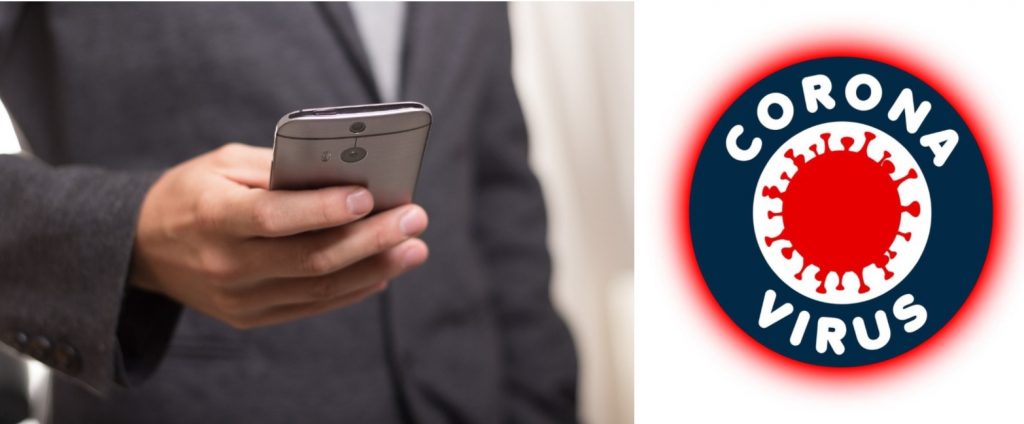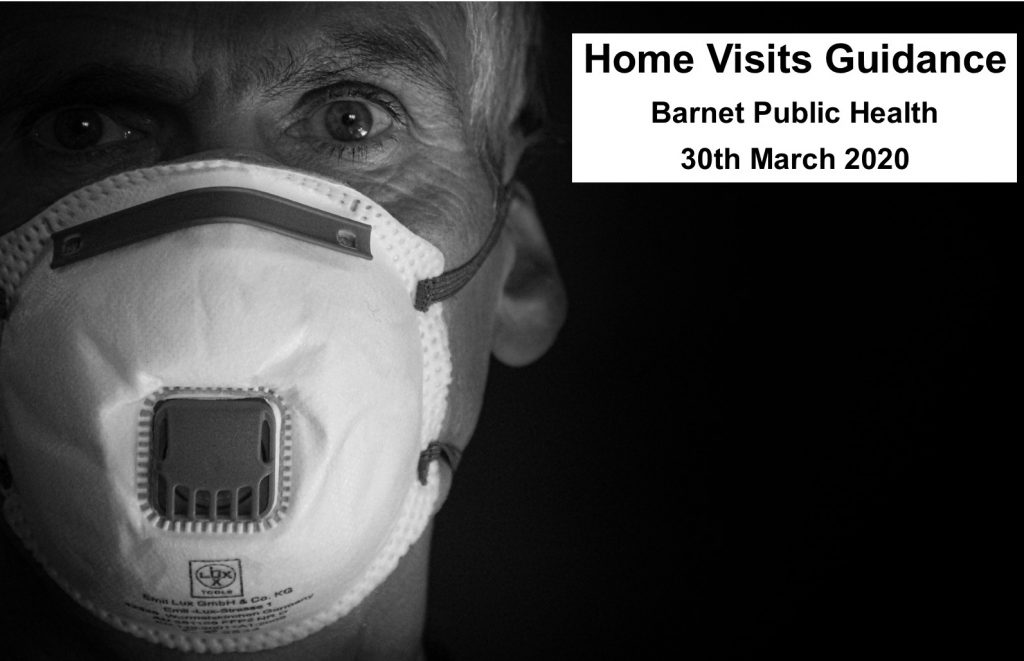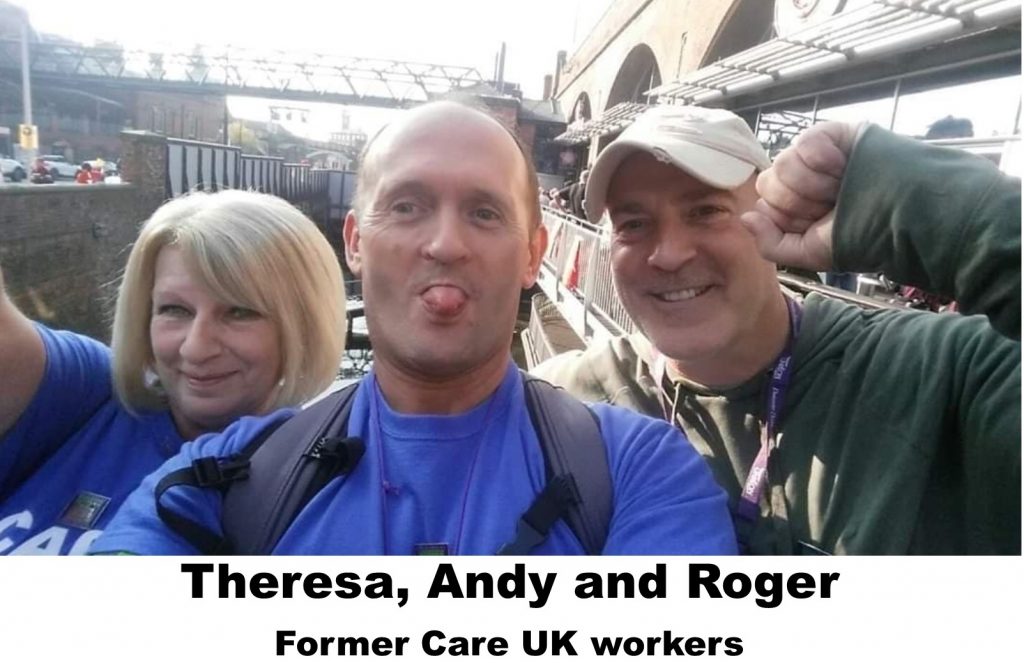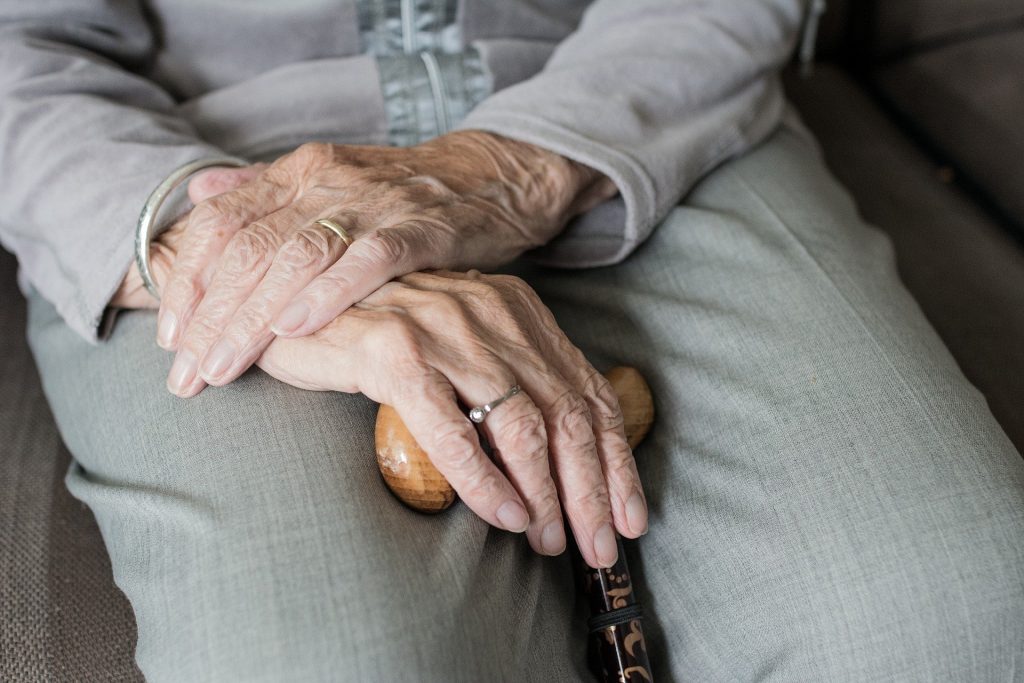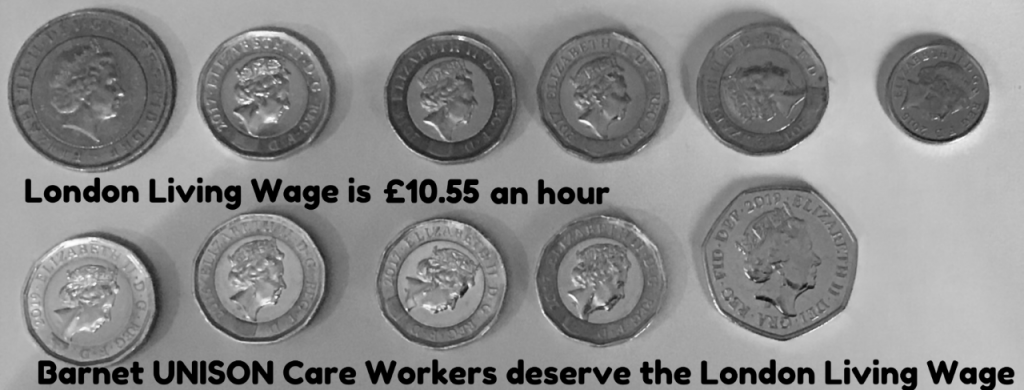Barnet Group -COVID-19 – temporary-changes-to-workplace-policies-and-procedures
As coronavirus (also known as COVID-19) continues to spread, we recognise that our organisation needs to adapt its ways of working.
We want to help reduce the spread of coronavirus and safeguard the welfare of our staff during the coronavirus outbreak, while continuing our operations as normally as possible.
This policy explains what temporary changes we are making to our usual policies and procedures on sickness absence, flexible working, travel, and annual leave during the global health crisis.
Sickness absence
Sickness absence reporting
What is our normal policy?
Under our normal sickness absence policy, if you fall ill and cannot attend work, you would be required to:
- notify your line manager before you are due to start work, or as soon as possible if that is not practical; and
- provide medical evidence (typically, a fit note from your doctor) for sickness of more than seven calendar days’ absence.
What is changing temporarily?
During the coronavirus situation, it is vital that you do not attend work if you fall ill and experience any common coronavirus symptoms. These are:
- a fever;
- a dry cough; and
- shortness of breath.
You should still notify your line manager of your absence before you are due to start work, or as soon as possible if that is not practical.
However, we recognise that you may be legitimately absent without having written medical evidence (typically, a fit note from your doctor). If you are given medical advice to self-isolate, we will not ask you to provide written medical evidence after seven calendar days’ absence.
This is because public health advice is that, if you show symptoms, you should avoid going to your doctor or a hospital to prevent infection from spreading. You may have been given medical advice via telephone from NHS 111 to self-isolate.
You will still be expected to:
- explain to your line manager what medical advice you have been given and from whom; and
- keep in regular contact with your line manager.
Given the coronavirus situation, you must make sure that your contact details are up-to-date on iTrent and your line manager has a telephone number and email address where they can reach you if you are in self-isolation.
Acceptable levels of absence
What is our normal policy?
Under our sickness absence policy, the formal procedures for managing sickness absence may be triggered as a result of:
- 10 or more working days of sickness absence during a rolling 12 month period;
- 4 or more episodes of sickness absence during a rolling 12 month period;
- a single absence of 15 or more working days (long-term sickness absence);
- any sickness that gives cause for concern or where early intervention might help.
in the previous 12 months.
What is changing temporarily?
If you are given medical advice to self-isolate (for example from NHS 111), or we ask you to self-isolate, we will not take this absence into account when determining whether or not we are taking formal action under our sickness absence management procedure.
Sick pay
What is our normal policy?
You would normally receive, if eligible, statutory sick pay (SSP) where:
- you have a period of sickness absence from work of at least four calendar days in a row; or
- during sickness absence you are normally entitled, in any 12-month period to receive sick pay as defined in your contract which would reduce to half pay or no pay
What is changing temporarily?
You will be paid full pay if:
- we have asked you to stay away from the workplace and self-isolate; or
- you are self-isolating in response to medical advice from NHS 111, your doctor, or a local health protection team.
Flexible working
Requests for flexible working
What is our normal policy?
Under our flexible working policy, you can normally agree informally with your line manager to one-off or short-term changes to your working patterns or periods of homeworking.
However, if you wish to change your working patterns or work from home for an extended period, we normally ask you to make a formal request for flexible working and follow the procedure set out in our policy on employees requesting flexible working.
What is changing temporarily?
As long as the organisation’s operational needs continue to be met, you will be able to:
- adapt your working patterns, for example to allow you to travel on public transport at less crowded times; or
- work from home if your role allows for this,
for an extended period without having to follow our formal procedure. You can agree informally with your line manager to these changes.
You should speak to your line manager if you wish to take advantage of either of these options, or any other flexible working options that may help you at this time. However, the decision as to whether or not to agree to your request for flexible working remains with your line manager.
Once agreed, the temporary flexible working arrangement will continue until further notice. If circumstances change, your manager will discuss with you any adaptations to, or the withdrawal of, the flexible working arrangement, with the final decision remaining with your manager.
Requirement to work remotely
What is our normal policy?
Except by prior agreement with us, we do not normally require you to work remotely for an extended period.
There is normally no expectation that:
- if you use a laptop, you always take it home with you after work each day.
What is changing temporarily?
Given the current global health situation, you may be asked to work remotely at short notice. This could be the case if our workplace closes unexpectedly as a precaution or public health measures, such as an area-wide lockdown, are introduced.
This could mean working from home, although you may have the option to work remotely from one of our other work sites if it remains open.
If it is not possible for you to work from home, you should discuss your options with your line manager.
You should ensure that, where possible, you take your laptop home with you after work each day.
You should contact the IT department if you have any queries about the remote-working system.
Travel
Non-work-related travel
What is our normal policy?
We do not normally have any rules around staff travelling outside work.
What is changing temporarily?
If you have been in a restricted area since the beginning of March 2020, you must inform your line manager immediately.
If you plan to travel to a restricted area in your own time, for example on a holiday or for family reasons, you must inform your line manager before you depart of where you are going.
You must not come to work on your return. Even if you have no symptoms, we will ask you to self-isolate for 14 days after your return from the restricted area.
On your return from a restricted area, your first step should be to visit the 111.nhs.uk website, where you can get further medical advice via telephone. You should do this even if you do not have any symptoms.
If possible, you should avoid going to your doctor or a hospital to prevent infection from spreading.
Annual leave
Changing your holiday plans
What is our normal policy?
Once you have booked annual leave, we normally allow you to cancel or change annual leave only in limited circumstances. These circumstances include where:
- your personal circumstances warrant it and the cancellation or change does not inconvenience the organisation; or
- you fall ill shortly before or during annual leave.
What is changing temporarily?
During the coronavirus situation, you may change your mind about travelling, or be unable to travel to your planned destination, and may wish to cancel or change annual leave that you have already booked.
If you would like to cancel or change planned leave, please speak to your line manager. We may allow you to change or cancel booked holiday, taking into account the coronavirus situation. However, this will continue to be a decision for your line manager, depending on the circumstances.
For example, if we have arranged cover for you, or arranged shift patterns on the basis that you will be on leave, we may require you to take the leave as booked.
Unused annual leave
What is our normal policy?
Our organisation’s holiday year runs from 1 April to 31 March.
Normally, we require you to take your holiday entitlement in the relevant holiday year and we allow you to carry over no more than[five days’ annual leave into the following leave year.
What is changing temporarily?
We recognise that you may be unable to take your remaining annual leave before the end of the leave year. For example, you could have an increased workload because of the coronavirus situation, or you may have cancelled or changed planned annual leave.
We are suspending our usual rule that / you can carry over no more than five days’ annual leave into the following leave year
While you should endeavour to take your holiday entitlement in the relevant holiday year, you should speak to your line manager if you think that you will be unable to do so.
As long as your line manager agrees, the annual leave can be taken later. The timing is a matter for discussion between you and your line manager.
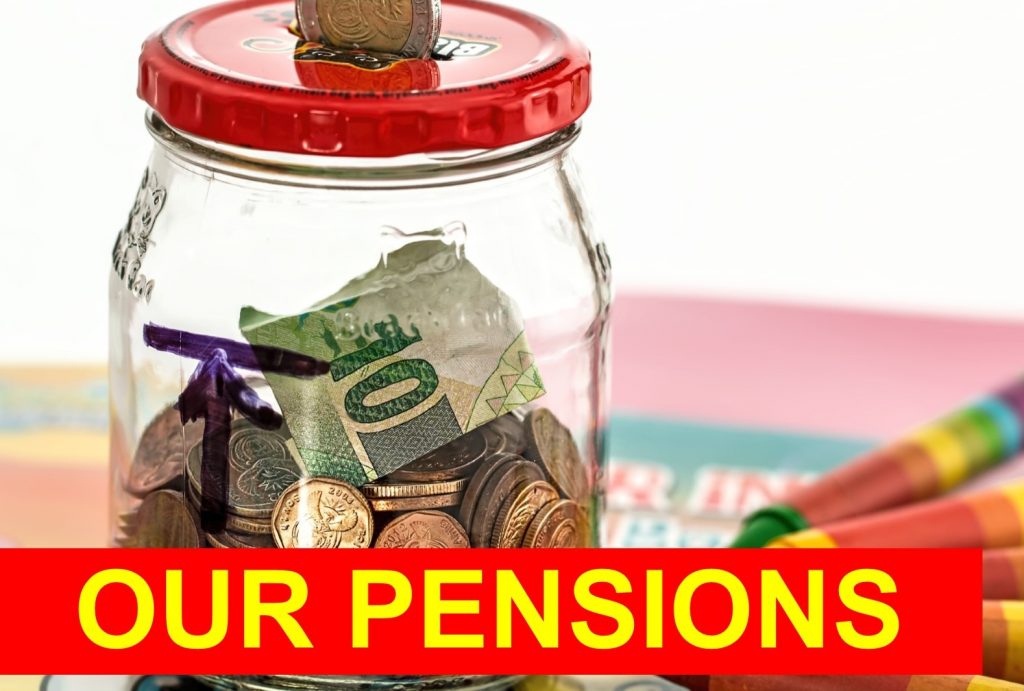


 Barnet UNISON has received a large number of concerns from careworkers who, now, like NHS staff are caring for individuals who have become infected with Coronavirus.
Barnet UNISON has received a large number of concerns from careworkers who, now, like NHS staff are caring for individuals who have become infected with Coronavirus.